In the constantly changing world of search engine optimization (SEO), selecting the right keywords is crucial to boosting online visibility and driving organic traffic to a website. However, not all keywords are equally effective, and it is essential to understand their difficulty level to ensure a successful SEO strategy. As search engines continue to evolve their algorithms to provide users with the most relevant and high-quality content, SEO professionals must navigate the challenge of selecting keywords. In this blog post, we will explore the concept of keyword difficulty in SEO and discuss methodologies for assessing this difficulty to improve website ranking on SERPs.
What is keyword difficulty?
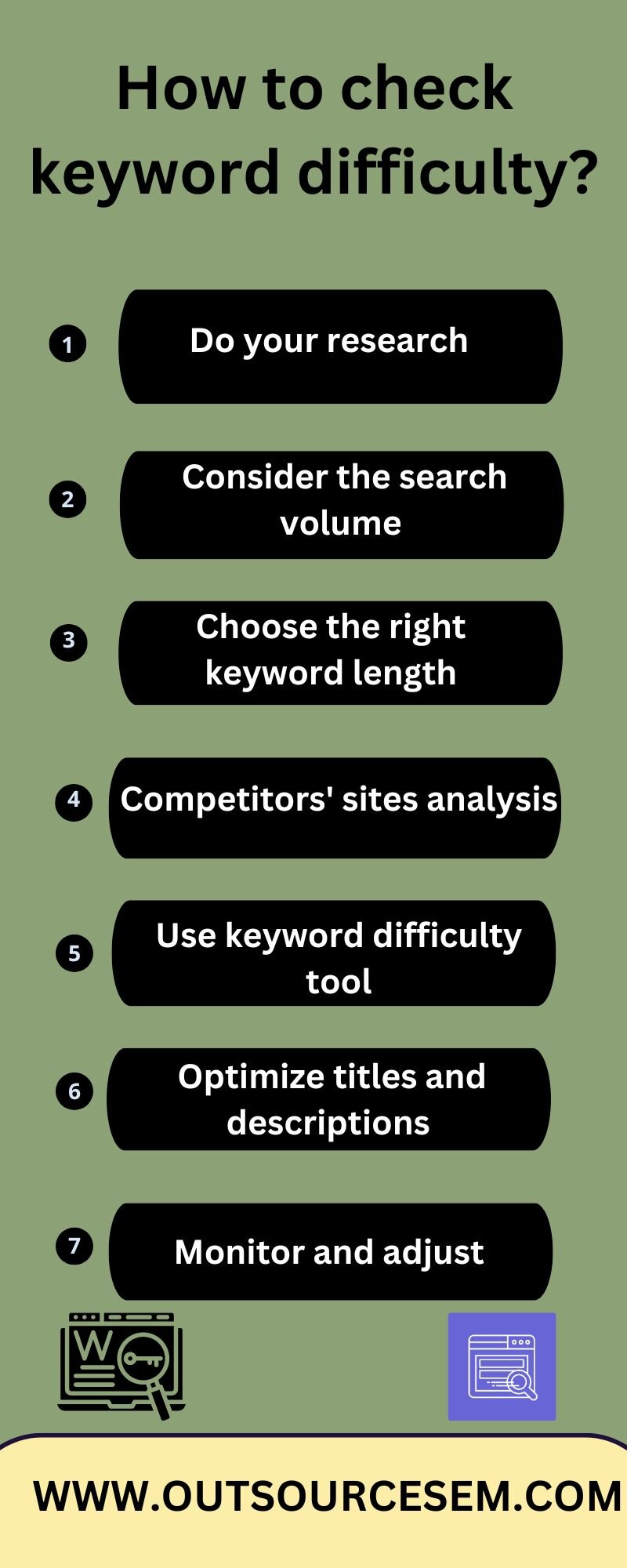
In its simplest terms, keyword difficulty is the measure of how hard it is to rank for a given keyword based on a variety of factors. It is a way to gauge the competition associated with particular keywords and the SERPs they appear on. It is an important concept in search engine optimization, as it helps you determine how well your target keywords are likely to perform.
Keyword difficulty is determined by assessing the competition for each keyword, which includes factors such as the number of pages targeting the keyword, the domain authority of the page that it ranks for, the overall relevance of the content and the keyword density of the content. Additionally, other factors, such as backlinks, page loading speed and user engagement, should be taken into account.
Why analyze keyword difficulty?
Keyword difficulty also known as keyword competition, is a measure of the amount of difficulty that a given keyword has when ranking on search engine result pages (SERPs). It’s a concept used in SEO that helps to determine how well your target keywords are likely to perform after optimizing the website for search engines. Using keyword difficulty assessment in SEO involves understanding the complexity of the particular keyword and its associated SERPs, which you can then use to develop an SEO strategy.
When planning, researching, and strategizing to increase your visibility online, understanding keyword difficulty can help guide your decisions. This metric is one of the key indicators that can be used to gauge the level of difficulty associated with ranking for a given keyword. Knowing the keyword difficulty can help inform strategies so that you can achieve maximum website traffic.
In this guide, we will talk about what keyword difficulty means for SEO, how the score is measured, and tips on using it effectively. Whether you’re new to SEO or need to refresh your memory, you will find this guide helpful as you endeavor to stay ahead of trends and strengthen your search engine rankings.
How to measure keyword difficulty?
The best way to measure keyword difficulty is to use a keyword difficulty tool, which can help to measure the competition associated with any keyword. There are several different keyword difficulty tools out there, and each one offers a different set of features. However, there are some basic steps that you should follow in order to measure keyword difficulty accurately.
First of all, you should determine the best keywords for your website. This can be achieved by https://www.outsourcesem.com/white-label-seo-keyword-research-services.html and using a keyword research tool, such as Keyword Planner or Google Ads. Once you have determined the best keywords for your SEO strategy, you can then use a keyword difficulty tool to assess the competition associated with those particular keywords.
Once you have identified the keywords you want to target, you can then use a keyword difficulty tool to analyze the ranking potential of those particular keywords. Some of the metrics considered in keyword difficulty tools can include the total number of pages targeting that keyword, the quality of backlinks, the page loading speed, as well as the domain authority and page authority of sites that are already ranking for the keyword.
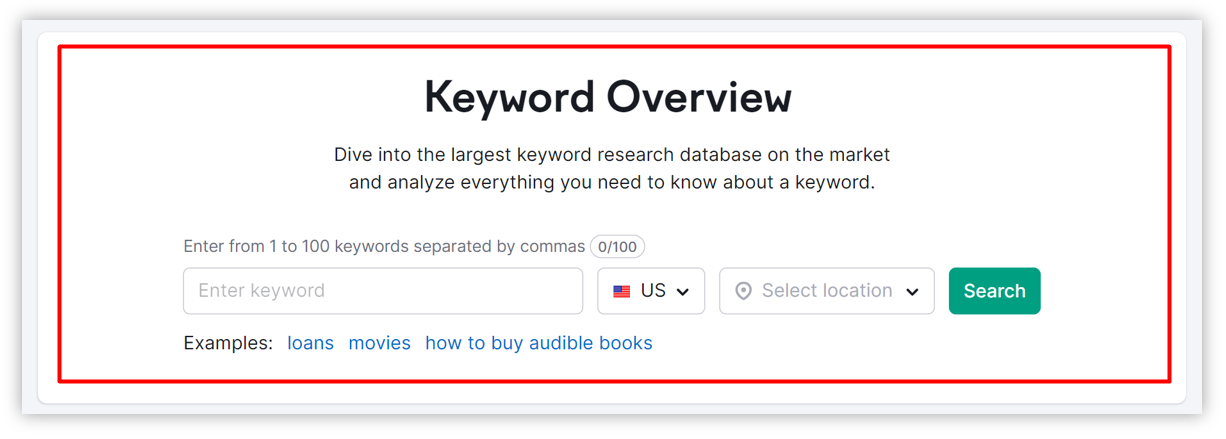
Why is keyword difficulty important in SEO?
Understanding keyword difficulty is essential for any effective SEO strategy. This is because it helps to determine the competition associated with any given keyword, and therefore, can help to guide an SEO effort. A keyword difficulty tool can help provide an understanding of the difficulty associated with any keyword and guide an SEO campaign in the right direction.
Another important factor to consider when using keyword difficulty is the SERPs for each keyword. Different SERPs have different approaches to ranking, which can be affected by the competition associated with the keyword. Understanding the SERPs and the competition associated with a keyword can help to determine which approach is best for a particular keyword.
Additionally, keyword difficulty can also be used to identify long- tail keywords, which are keywords with low competition and high search volumes. These types of keywords can be incredibly effective for SEO efforts, as they are often easier to rank for and have a higher chance of driving organic traffic to a website.
Finally, keyword difficulty can also be used to identify potential opportunities for link building. By identifying keywords with low competition, you are more likely to find websites and blogs that are willing to link back to your website. Link building is an essential component of any SEO strategy, and understanding keyword difficulty can help to identify potential link building opportunities.
How to check keyword difficulty?
Checking the right keyword difficulty for your website is an important part of successful SEO. Having the right difficulty level can make or break your SEO campaign, so it’s important to choose the right ones. Here are some tips to help you make the right choice:
1. Do your research - Research the keyword you’re considering to determine the current difficulty level and the amount of competition. You can use tools such as Google’s Keyword Planner to do this.
2. Consider the search volume - If the search volume is low, it could be too difficult to rank in the search engine results pages (SERPs), so be sure to choose a keyword with good search volume.
3. Choose the right keyword length - Long-tail keywords are often less competitive and can be easier to rank for. However, shorter keywords can also be profitable if they’re relevant to your site.

4. Competitors' sites analysis - See what keywords your competitors are using and how difficult they are to rank. This can help you gauge the difficulty of your desired keyword.
5. Use keyword difficulty tool - Keyword difficulty tools such as Moz to check keyword difficulty and Semrush can help you find keywords with the right difficulty level. These tools can also help uncover insights into the competition and potential competition.
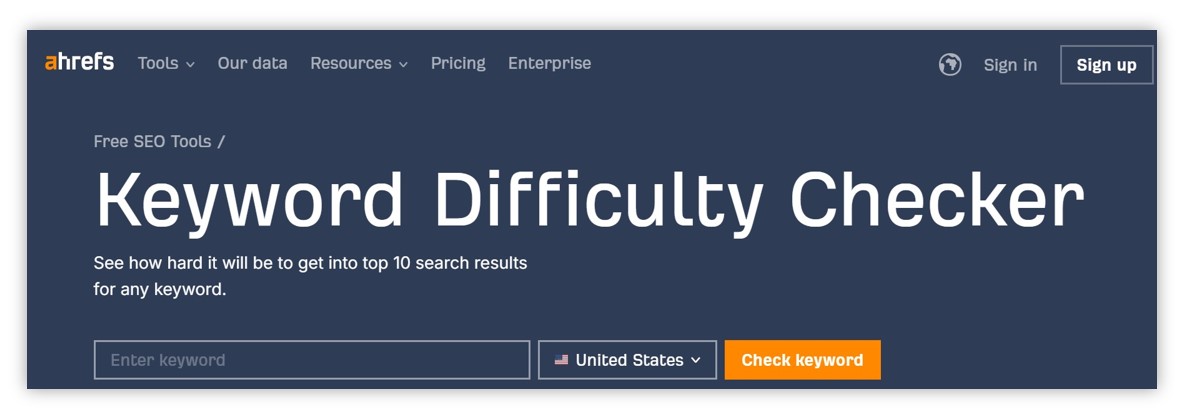
6. Optimize titles and descriptions - Once you’ve chosen your keyword, optimize the title tags and meta descriptions of your pages to increase your chances of ranking.

7. Monitor and adjust - Periodically monitor how well your keyword ranks and adjust your content if needed.
Ultimately, choosing the right keyword difficulty is key to successful SEO. Do your research, check the search volume, and use keyword difficulty tools to help determine the right difficulty level for your website.
Keyword Effectiveness Index (KEI): How to create a balance between keyword difficulty and search volume?
The Keyword Effectiveness Index (KEI) is a metric used by search engine optimization (SEO) professionals in order to identify and select the most effective keywords to use in their campaigns. KEI helps them balance keyword difficulty and search volume, our two main factors when it comes to making our campaigns successful.
When we are talking about keyword difficulty, we are referring to how many competitors are targeting the same keyword with their content and SEO strategies. If a keyword is too competitive, it can be very hard to get a high rank due to the fact that a lot of other websites are already competing for it. This is why it is important to find a keyword that is not as competitive but still has enough search volume or has potential to generate enough visits and leads.
When it comes to search volume, we want to make sure that the keyword we choose is being searched enough times. If a keyword does not have enough search volume, then it will not be useful in our SEO campaigns. We also want to make sure that the keyword has enough potential to drive traffic and lead to our website.
To create the perfect balance between keyword difficulty and search volume to create a successful campaign, we can use the Keyword Effectiveness Index. The KEI measures a keyword's potential effectiveness by considering the difficulty level and the search volume. A higher KEI indicates that the keyword is more likely to bring in more visitors and generate leads. Additionally, the KEI helps us compare different keywords to find the best option for our SEO campaigns.
The KEI is computed using a simple formula that takes into account the number of times a keyword is searched and the number of competing websites. To calculate the KEI, we add these two numbers together and divide them by the number of competing websites. The higher the score, the more effective the keyword is.
When it comes to SEO, the Keyword Effectiveness Index is an invaluable tool that helps SEO experts create the perfect balance between keyword difficulty and search volume. With the KEI, SEO professionals can choose keywords that are more likely to drive traffic to their websites and boost their overall success. Therefore, KEI can be used to identify the keywords that will have the most impact and bring in the most leads.
What are the factors that might influence your ranking?
There are many different factors that play a role in how your website will rank in search engine results. Evaluating your competitors, ensuring the quality of your content, the keyword’s search intent, and your backlink profile are all factors that can influence your ranking potential in SEO. By taking the time to assess each of these factors, you’ll be on your way to improving your website’s ranking potential.
A. Knowing competitors - The first factor to consider is the competitors. Knowing who your competitors are and understanding their strategies can help you to formulate your own more effective SEO approach. By understanding what keywords they are targeting and how they’re using them to rank higher in the search engines, you’ll be able to choose the right keywords and optimize your website accordingly. Additionally, you can look at their backlink profiles to identify link opportunities or ideas on how to generate more links to your website.
B. Content Quality - Content quality is key to SEO success. You are more likely to rank higher in the search results if you have well-written, relevant content that is regularly updated and adds value to the search queries of your target audience. To ensure your content meets the highest standards, make sure to use appropriate keywords and phrases, check for grammar and spelling errors, and adhere to the latest SEO practices when it comes to content structure and optimization.
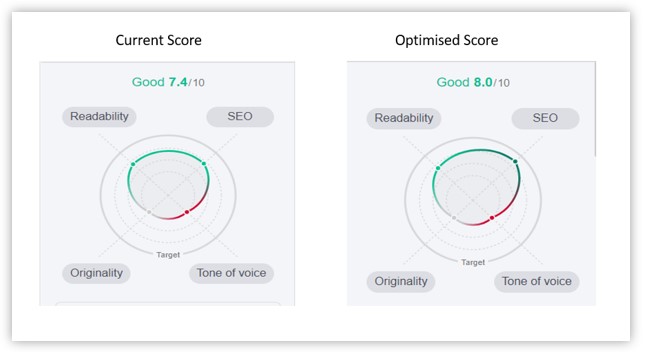
C. Keyword’s Search - Keyword search intent is an important factor to consider for SEO. If you want to improve your ranking potential, it’s important to make sure you’re targeting the right keywords with the right search intent. By targeting the right keywords, you’ll ensure that your content is not only effective in targeting relevant queries, but it’s also being seen by people who are actually interested in what you have to say.
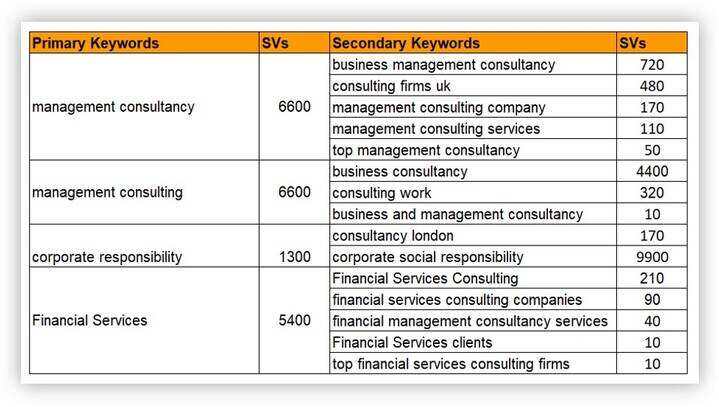
D. Backlink Profile - Lastly, your backlink profile plays an essential role in SEO. In order to rank higher, you need to work on increasing the number of backlinks pointing to your website from high-authority websites. The more quality backlinks you have, the more likely your website will get noticed by the search engines. Additionally, you should make sure to use relevant anchor text for the backlinks, as it will help the search engine’s algorithms understand the overall topic of the web page.
Conclusion
In conclusion, keyword difficulty is an important concept in SEO, and understanding it can help to guide an SEO strategy. Keyword difficulty tools can be used to accurately measure the difficulty associated with any particular keyword, and the SERPs associated with that keyword. In addition, keyword difficulty can be used to identify long-tail keywords, and potential opportunities for link building. As such, it is an essential part of any successful SEO strategy. If you find working on keyword difficulty a tough task to perform you can get in touch with a digital marketing company and outsource SEO services. The SEO professionals have expertise in optimizing the keywords as per the business requirements. The SEO experts have mastery with local SEO, guest posting, enterprise SEO, SEO analytics, SEO plan & strategy, white label SEO, SEO detox & penalty removal and much more. By getting in touch with our best SEO agency you can get advantage of various other services like lawyer SEO, plumbing SEO, painting SEO, construction SEO, electrician SEO and various other services for increasing website traffic and visibility for your business.
References:
. What Is keyword difficulty? (& how to measure it)
. Keyword difficulty: How do you measure it?
